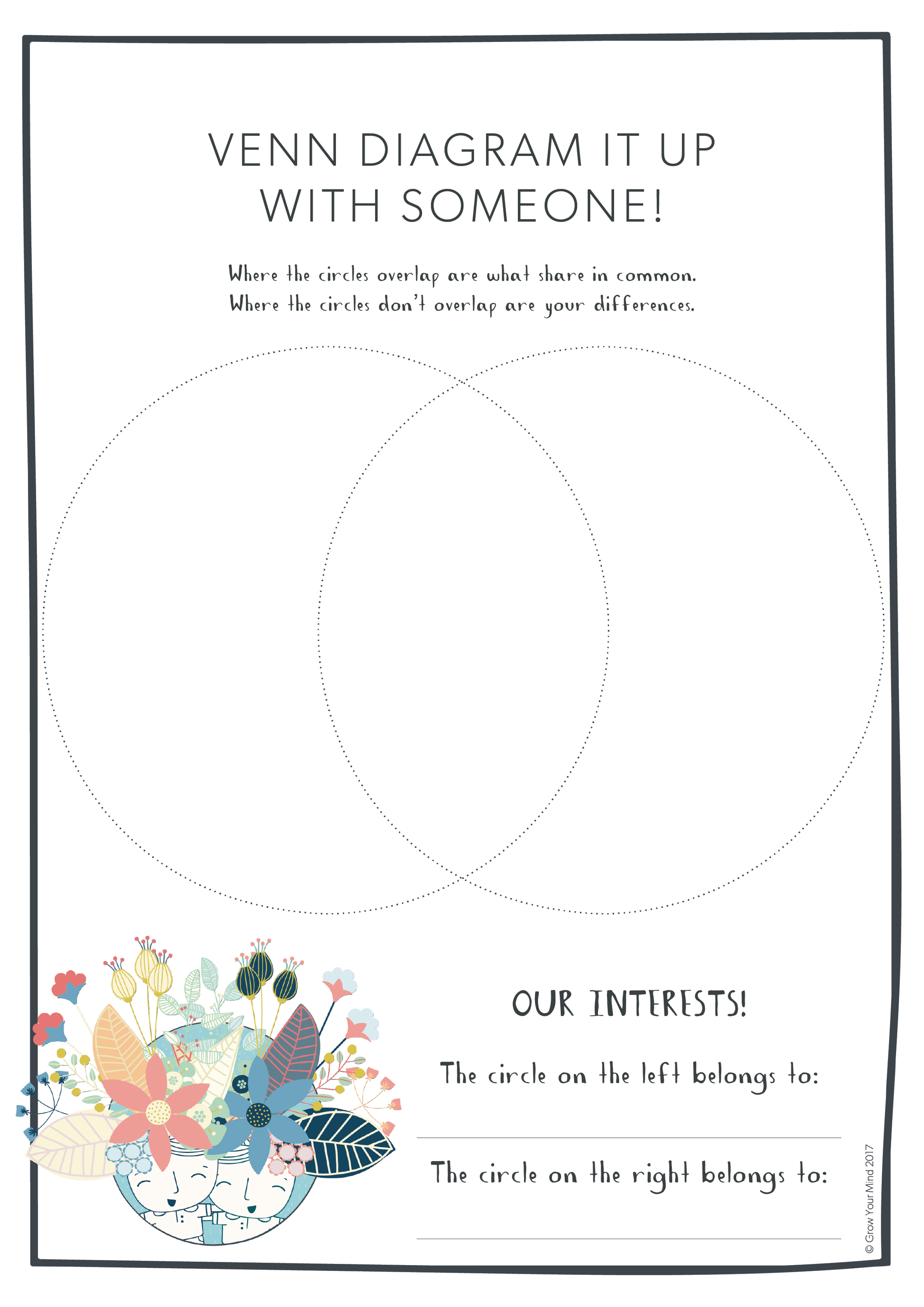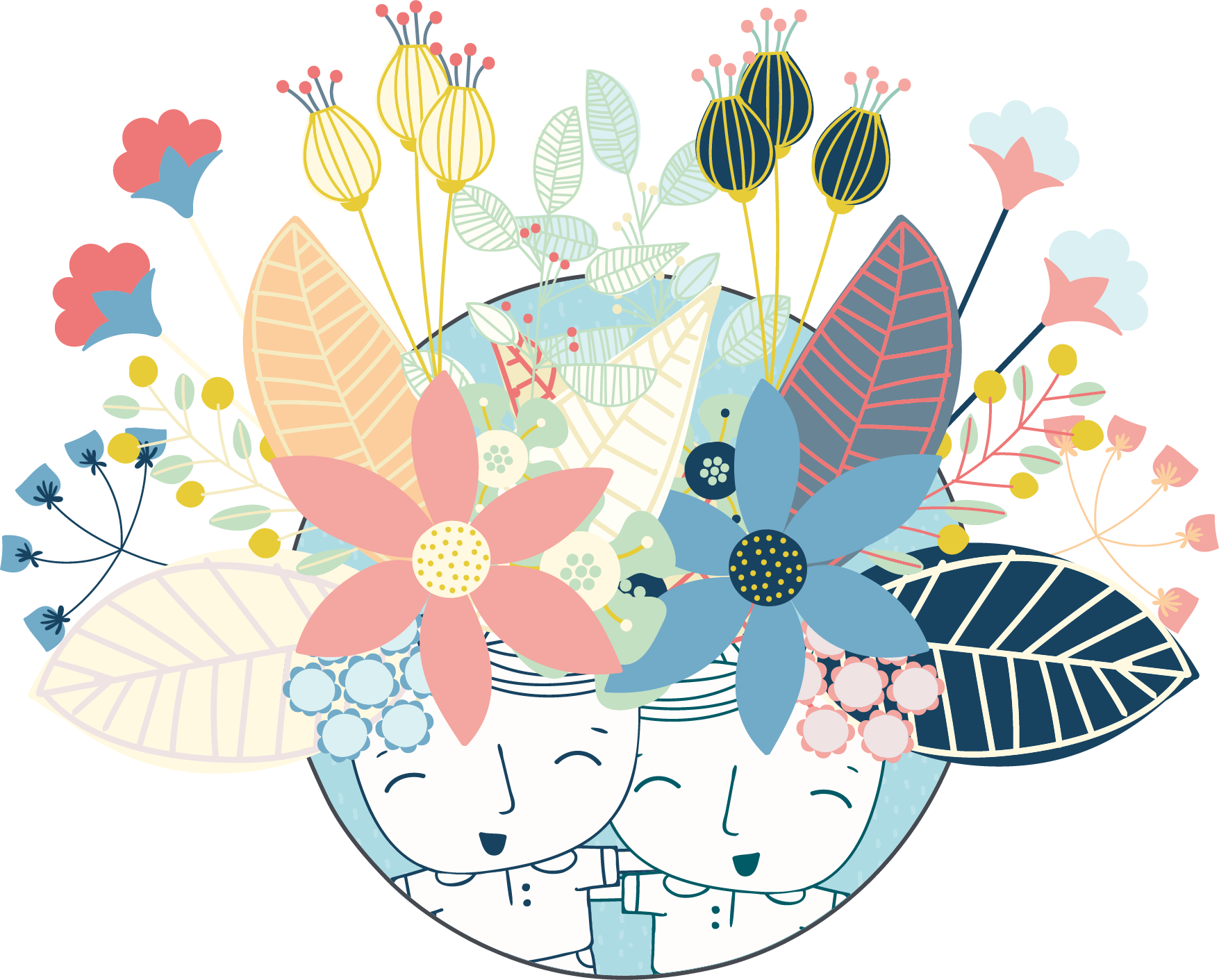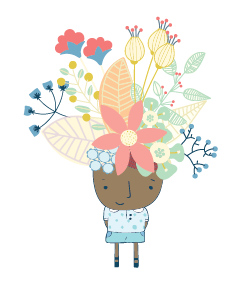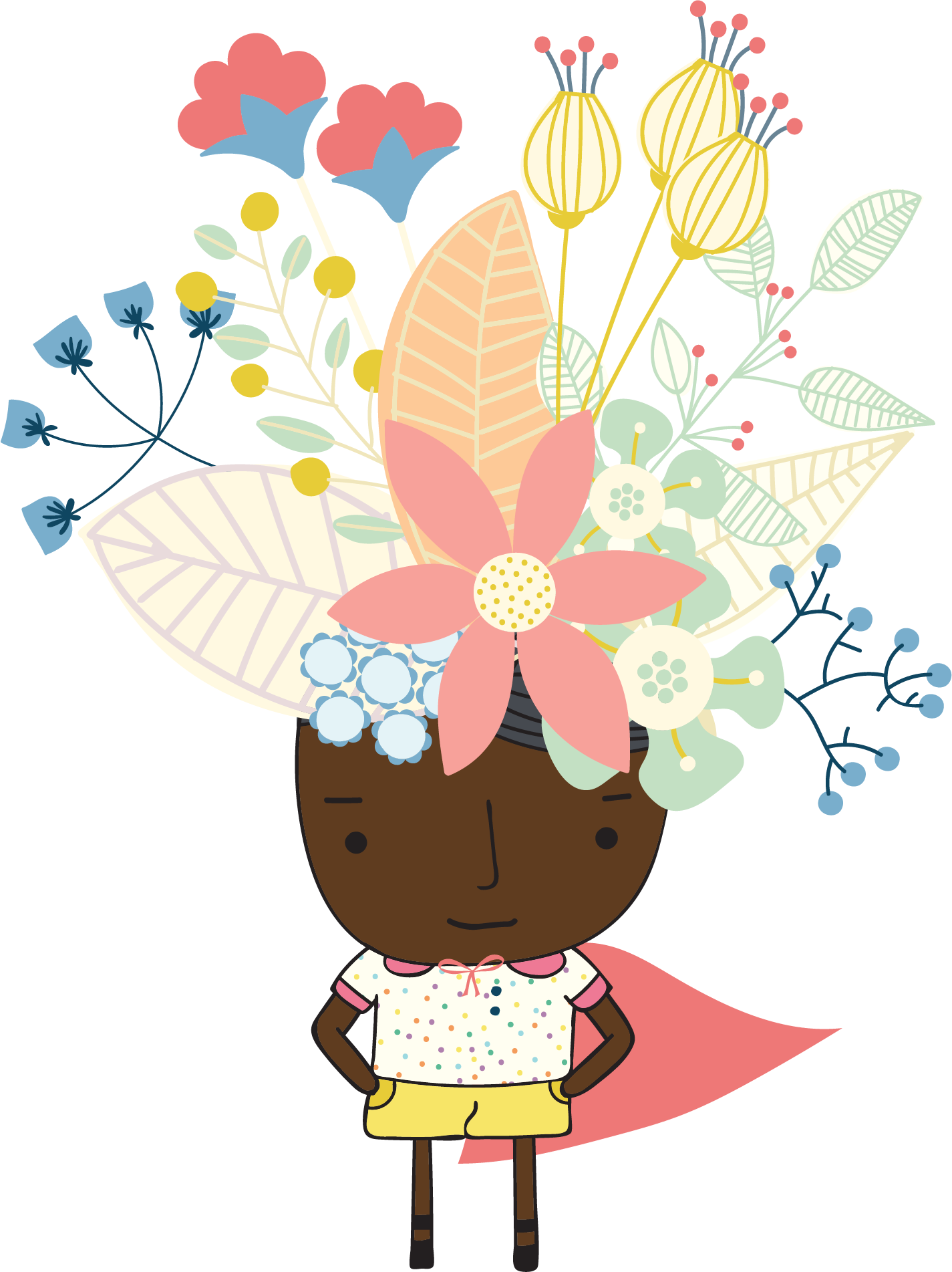
bite sized
audio
Teachers! The purpose of this page:
To introduce a new wellbeing topic, theme or idea quickly and in an engaging way.
WHY:
Kids listen to kids! We wanted to make your life even easier so we are gradually going to build this page to be full of brilliant pieces of bite sized audio for you to share with your students.

How to use this page:
Choose from a topic below, play the audio grab it and ask students what they think the main point was. You could use it as a teaser for the full episode and ask students to predict what it might be about.
Use the discussion questions below after each audio grab.

Time: 4 minutes
Ages: 5 -12
Being Kind online
Listen and then discuss:
True or False:
a) If someone is mean to you one day but never again. They have bullied you.
b) If you repeatedly say or do mean things to someone, this is bullying.
c) If you repeatedly say or do mean things to someone but they seem fine, this means no harm has been done.
Think, pair and share:
What would motivate you more to NOT say unkind things to someone online:
Your digital footprint or that it is important to be kind?
Time: 5 minutes
Ages: 5 -12
what if you never win? at anything?
Listen and then discuss:
Do you really think trying your best is enough? Why, why not?
What could you say to yourself when you don't win? Or don't make a team or get a certificate? What would help?
How did the torch analogy make you feel about shifting your focus to what you do already have?
Brainstorm/journal/ lightening writing what is in your room of life when you have the lights on?
Time: 4 minutes
Ages: 5 -12
friendship
Do you think not all friends are good for us? Why? Why not?
What can you do about a friendship that is a little unhealthy?
How does it feel when you are friends with someone but they often make you feel rubbish?
Create your own list of what makes a healthy friendship. Be creative, make it into a recipe.
Time: 4 minutes
Ages: 5 -12
a story about consent
Read first and then discuss:
You are going to hear a story from a podcast episode called: It's a two way street. Listen to where you think the golden rules are broken.
Take notes as you go. If you need a reminder of the golden rules - take a look at the poster
Think/Pair and Share:
In pairs, share where you heard that the golden rules had been broken?
Share with the class.
Ask students to reflect on why consent might be a two way street? What does that mean? If you are unsure think about the guard dog asking the octopus would like hot chocolate, the octopus said yes but not enthusiastically... what did the guard dog need to do?
Time: 2 minutes
Ages: 5 -12
other ways to say no
Discuss:
Think/Pair and Share:
In pairs, come up with other ways you can say no
If you are the one asking the question, what signs could you look out for if someone is saying yes but they don't seem totally confident or comfortable?
Why do you think saying no can be so hard sometimes?
From the examples you came up with your partner, pick one alternate way to say no and try it this week with someone you find it hard to say no to.
Time: 2 minutes
Ages: 5 -12
Golden rules of consent
Discuss:
Think/Pair and Share:
Look at the golden rules of consent poster
Where in the story were the golden rules broken?
Do you think it might be hard sometimes to know if someone really has consented to something?
What can you do to make sure?
Time: 2 minutes
Ages: 5 -12
Power dynamics
Discuss:
Think/Pair and Share:
Do you find it harder to say no to some people more than others?
Why do you think knowing about power dynamics might be helpful with understanding consent?
Do you find it hard to receive a no from people?
Do you look for ways someone might be saying no without using that word?
Time: 5 minutes
Ages: 5 -12
Why orange? (harmony Day)
Discuss:
From what the kids said, what do you think is the difference between belonging and fitting in?
How many different hellos do you know in other languages?
What is one action you could take today to help someone feel they belong?

Time: 1 minute
Ages: 9-12

Time: 1 minute
Ages: 9-12

Time: 1 minute
Ages: 9-12
Discuss:
What were the 3 steps to building generous assumptions?
Which step might you find the easiest to do? Why?
Which step might you find the hardest to do? Why?
What character strengths do you think Greta has and why?
Why do you think Greta's parents made changes to the way they lived?
Which part of Greta's story do you find most inspiring or interesting and why?

Time: 2 minutes
Ages: 6-12

Time: 2 minutes
Ages: 9-12
Discuss:
What were the 3 character strengths that might help you set and say your boundaries?
What sensations might you have when a boundary is being crossed?
What hand signal could you come up with to let people know they have gone too far?
Can you do a venn diagram now with someone in your class? Where do your boundaries overlap? Where are they different?
Time: 2 minutes
Ages: 9-12
Time: 2 minutes
Ages: 9-12
Time: 2 minutes
Ages: 9-12
Time: 2 minutes
Ages: 7-12
Time: 2 minutes
Ages: 7-12
Time: 2 minutes
Ages: 7-12
Time: 2 minutes
Ages: 7-12
Time: 2 minutes
Ages: 7-12
Time: 2 minutes
Ages: 7-12
Time: 2 minutes
Ages: 7-12
Discuss:
Why do you think it might be important not to lose hope when things get tough?
What do you think about the quote: 'one of our greatest freedoms is how we react things' means and why might it be helpful to believe in this?
If you could create some antidotes to fear, what would you suggest?
Time: 2 minutes
Ages: 10 -12
Discuss:
How did you feel hearing Eddie's story? What stood out for you?
Do you believe Eddie's quote: hate destroys your enemy and it also destroys yourself too.
Why/why not?
Why do you think Eddie chose love over hate in the end? Do you think Eddie's life was better or worse for this choice?



















